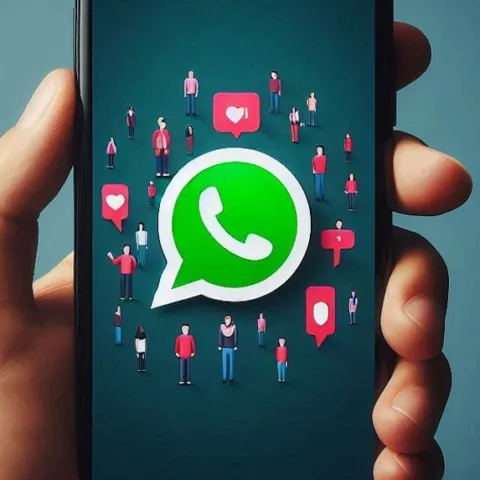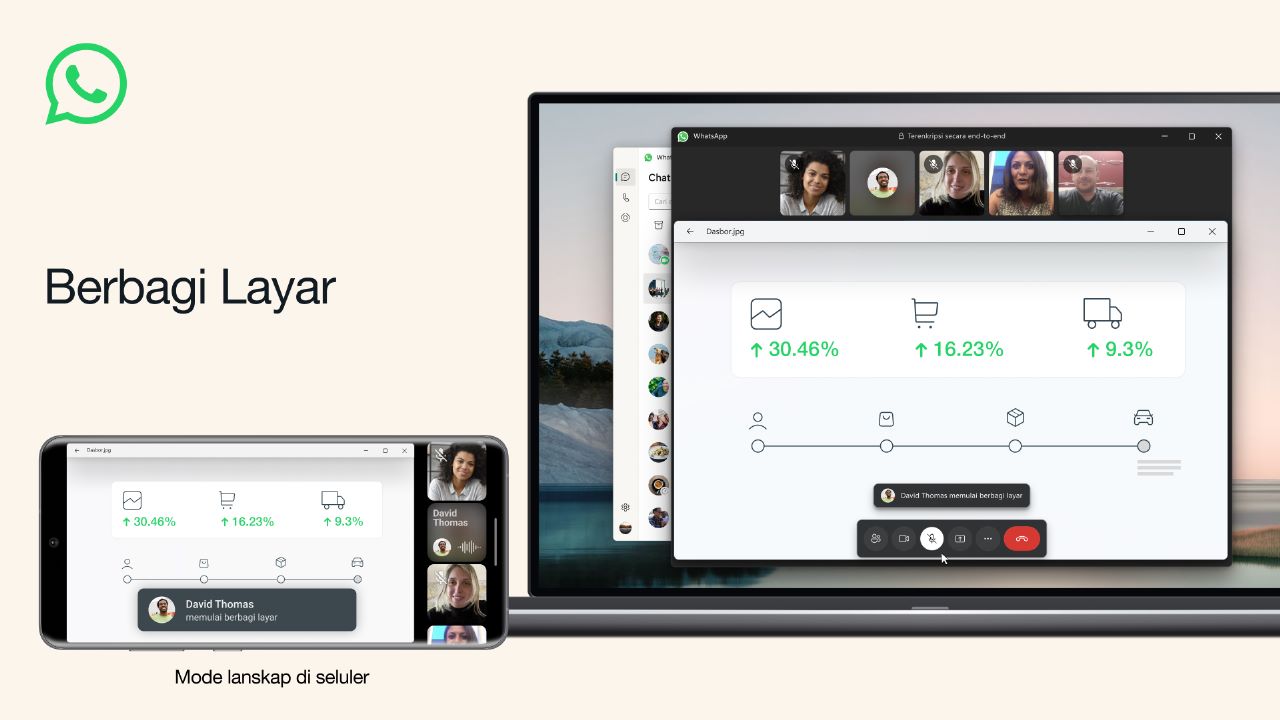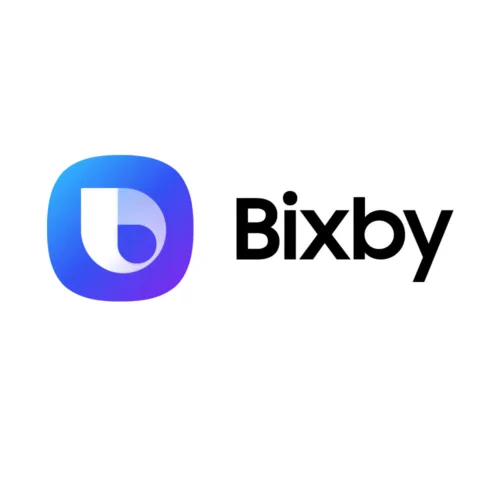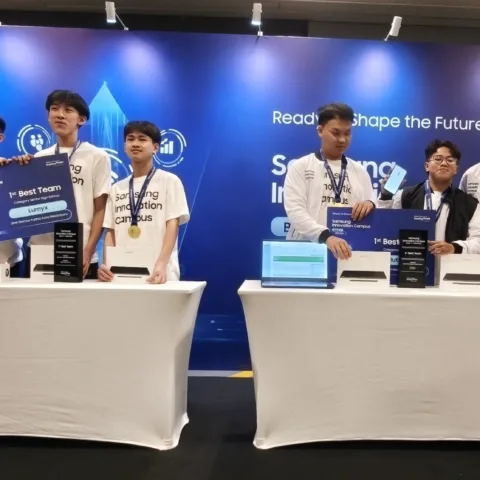WhatsApp may hold the title of the mobile messaging king in Indonesia as far as On Device survey is concerned, but its reign at the top is highly dependent on the likelihood of Indonesian consumers paying the annual $1 fee to continue using it for another year. Nobody will doubt the triviality of the amount because it’s something that people would be willing to pay even in multiple increments since a five year subscription will only cost $5. The problem lies in the method of payment.
Ironically, the problem with WhatsApp’s model is that because it’s ridiculously cheap, the company will face difficulties in collecting payments. The lack of a non-credit card payment method to subscribe to WhatsApp may be its downfall.
Indonesian consumers on Android tend to not have their credit cards associated with their Google accounts, whereas iOS users, who are more likely to have their credit cards registered to iTunes, are still far and few in between across the country. On top of that, credit card ownership is very low in Indonesia.
A carrier billing solution will also pose a challenge to WhatsApp because transactions on WhatsApp occurs only one time per consumer per year and are not an upfront payment upon download. Not only is it a model that carriers are not used to, it also does not pose a substantial benefit to them.
If WhatsApp expects Indonesians to keep using its service beyond the first year, it needs to figure out payment solutions that are far more seamless for consumers and does not involve credit cards, or the app will see mass migrations when the first year is up. Alternatively people will pick up new mobile numbers to keep using WhatsApp for free. Given the behavior of Indonesian mobile consumers towards disposable prepaid numbers, this is something that is very likely to happen.
An online payment processor such as Doku Wallet may be easy enough for many smartphone users to adopt but it’s not yet commonly used and WhatsApp subscription may not be a significant drawcard for people to use the service.










